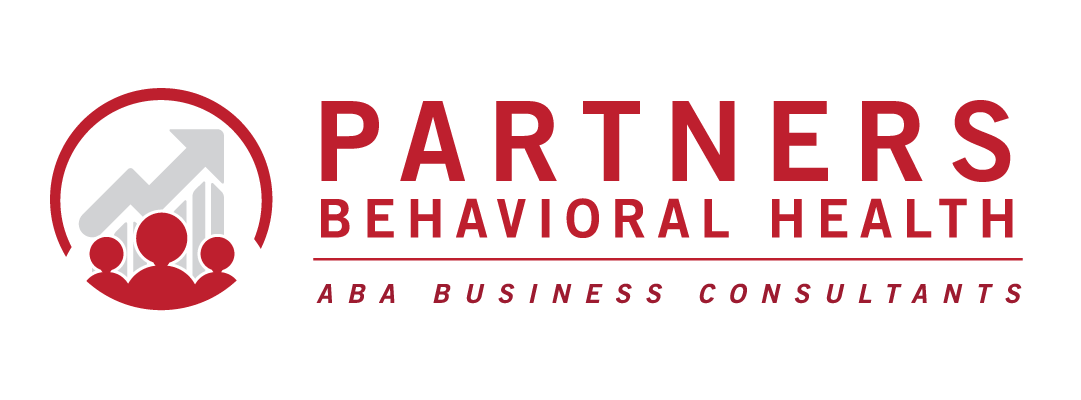“What’s a regular caseload for a BCBA”? ➕ ➖ ➗ ✖
This question rears its head on a regular and recurring basis on social media platforms.
I’ll start with the problem. This question as asked in the title, just doesn’t provide enough context.
The reality is, it depends on various factors.
👉 Client treatment dosages and treatment model: The number of clients you can reasonably manage will be directly and meaningfully impacted by service dosage of those clients.
👉 Job responsibilities: What other roles or expectations do you have beyond client time?
👉 Location: Are those services delivered in person or via telehealth? Are they center, home, school, or some combination. If it’s not all at one location, don’t forget to factor in drive time.
👉 Business mission/model: Different businesses may be set up to meet the different needs of their community and target population based on their available resources.
👉 Funder type (and funder expectations): School? Waiver? Insurance? Grants? Different funders may have different expectations or obligations.
👉 Total job time expectations by employer/employee: Whether expectations are for 20 hours, 40 hours, or more or less, will impact the total client caseload.
👉 “Intensity”, or effort relative to compensation: In the past, I’ve had employees who would rather work more hours, or have a more dense schedule, and get paid more. Others preferred a less stressful schedule, and would be fine with a lower but still fair base compensation. Obviously compensation structure comes into play here, but again, it’s an important factor in doing a fair comparison.
There definitely are some commonalities as you narrow down these factors. For example, one can make more informed assumptions looking at center based insurance funded comprehensive service models as compared to school based/funded IEP driven caseloads. Obviously these are two extremes but you get the point.
It’s nice to know others’ assumptions, but it’s just as important to do an apples to apples comparison, and ultimately base your decisions on your specific situation.
What factors do you feel I’ve left out?
_____
Brandon Herscovitch, Ph.D., LABA, BCBA-D
Partners Behavioral Health can help with your clinical and business standards, compliance, and outcomes. We can help you scale an ethical ABA practice you’re proud about.




